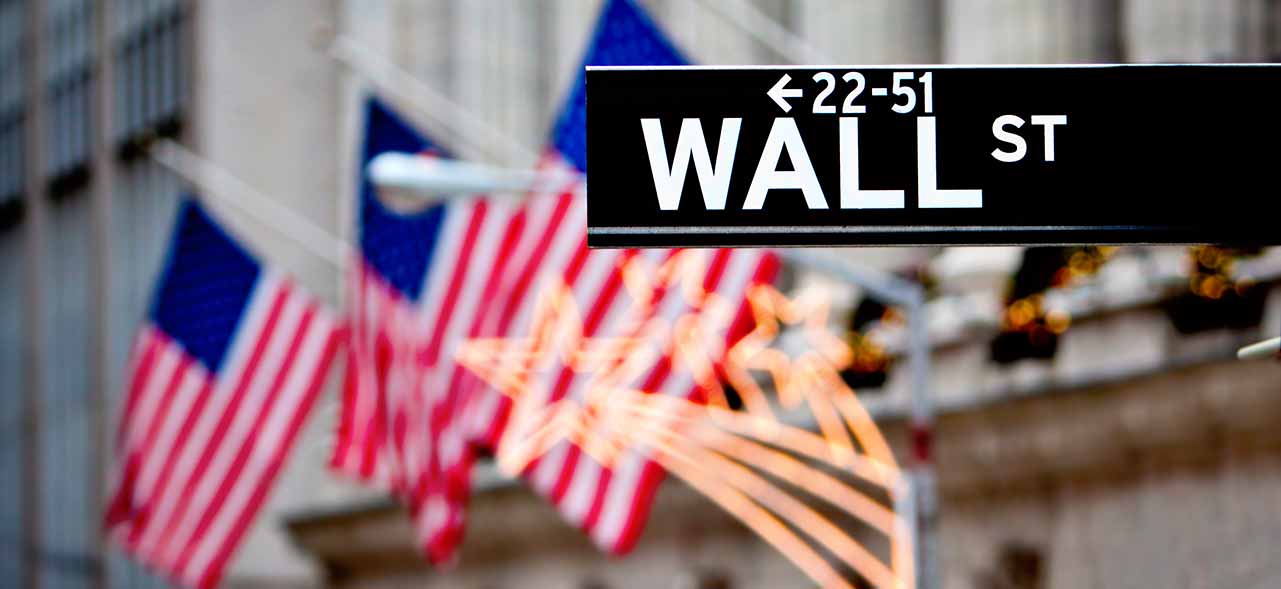
Advisor Industry Awards: The Top 12 Deals of 2024
Axial first introduced quarterly League Tables in 2019 to recognize the top Investment Banks and M&A Advisory Firms on Axial…
It’s often said that art imitates life. If these movies are anything to go by, life at an investment bank is a bit of a mixed bag. You might end up sitting next to a corporate raider, scheming secretary, or maybe a stray serial killer or two. Timely explorations of financial corporate culture, these ten movies hold a mirror up to the societies in which they were produced — and are a great way to kill time during work flights.
1. Wall Street (1987)
This classic is the godfather of all finance movies. Charlie Sheen plays a young ambitious stockbroker opposite Michael Douglas’s Oscar-winning performance as Gordon Gekko, an unscrupulous titan of Wall Street with a penchant for making fast money via insider trading. The source of the iconic slogan “greed is good,” Wall Street is basically required viewing for any finance professional.
2. American Psycho (2000)
Based off Bret Easton Ellis’s 1991 satirical novel, American Psycho follows Christian Bale as Patrick Bateman, wealthy Manhattan investment banker by day and serial killer by night. A two-hour examination of 1980s greed, vanity, and violence, the film has a negligible amount of actual finance in it, opting instead to focus on cultural commentary and dark satire. American Psycho is another classic — even if the film does omit some of the more interesting narrative work in the book.
3. The Wolf of Wall Street (2013)
The cinematic rendering of Jordan Belfort’s 2007 memoir, The Wolf of Wall Street was followed by controversy from pre-production through its release in theaters. Considering that the film is a morally questionable exercise in hedonism and greed, the controversy isn’t all that surprising. Despite the content, The Wolf of Wall Street is a finely-wrought film — it earned 5 Oscar nominations, although it lost in every category — and watching Belfort’s meteoric rise in finance and even more spectacular fall is incredibly compelling. A must-watch for the glossy cinematography, expert direction of Martin Scorsese, and an insane scene where Jonah Hill’s Donnie Azoff swallows a live goldfish.
4. Boiler Room (2000)
Before there was The Wolf of Wall Street, there was Boiler Room, the early millennium drama loosely based on Belfort’s story. In the film, college dropout Seth Davis stumbles into a job at J.T. Marlin, a crooked brokerage firm based on Belfort’s Stratton Oakmont, before eventually resolving to bring the firm down. This newer addition to the canon of finance classics pays homage to Wall Street in several scenes — brokers at J.T. Marlin worship Gordon Gekko and really do believe that greed is good.
5. Working Girl (1987)
Working Girl follows Tess McGill, a stockbroker’s secretary, as she schemes her way to an M&A job at a top Manhattan investment bank with a lot of luck and bit of quick thinking. The light-hearted Working Girl is a romantic comedy with stellar performances from Melanie Griffith, Sigourney Weaver, and Harrison Ford. You’ll come away from this movie thinking that maybe Wall Street isn’t all pump-and-dumps and backstabbing after all.
6. Trading Places (1983)
This comedy is a hilarious take on two classic Mark Twain tales, The Prince and the Pauper and “The Million Pound Bank Note.” There’s a lot to praise in the plot of this film, in which two men from different social strata find their lives intertwined in a complicated bet made between two vaguely villainous commodities brokers, but what makes Trading Places great is really the relationship between its stars, Eddie Murphy and Dan Ackroyd. Both bring humanity to their characters, whether they’re playing a successful broker or a homeless hustler, and the interplay between the two is when the film is at its strongest. Another reason to add the movie to your watch list? We’ve finally left New York — and moved an hour down the eastern seaboard to Philadelphia.
7. The Company Men (2010)
The Company Men follows the personal stories of three men who are affected by the downsizing of their employer, GTX, during a recession. A timely exploration of how larger economic changes affect individual workers, this film is a well-crafted drama discussing how losing a job can feel like losing a part of your identity and the very immediate, personal effects of unemployment.
8. Other People’s Money (1991)
This pick is more polarizing than our other selections, but despite its mixed reviews Other People’s Money is worth a watch, if only to see Gregory Peck (of To Kill a Mockingbird fame) in his last meaningful film role. The film is a bit heavy handed at times, but it does some good work — e.g., addressing the moral implications of corporate raiding and tackling questions like whether keeping a small business open independently owned at all costs is always the best option.
9. Barbarians at the Gate (1993)
Based on a book of the same name, this HBO film is about the 1988 leveraged buyout of food and tobacco conglomerate RJR Nabisco. F. Ross Johnson, then-CEO of Nabisco, planned to privatize the company following news that its newest product, a smokeless cigarette, would likely fail once it went to market. Henry Kravis and George R. Roberts, among the first champions of the LBO, opposed Johnson’s bids. What followed was a complicated back-and-forth of financial maneuvering that makes for a good book and a great movie.
10. Margin Call (2011)
This fast-paced indie drama is a race to its conclusion. Taking place over one day at the start of the 2008 financial downturn, Margin Call follows a group of employees at a large investment bank as they try to prevent the collapse of the firm following the discovery of some damaging information. This movie is an excellent exploration of the moral and economic consequences of what happens when you play fast and loose with money on a large scale. Although it ultimately lost the bid for the Academy Award for Best Screenplay, Margin Call’s nomination was well deserved — the writing in this film is the true star.
